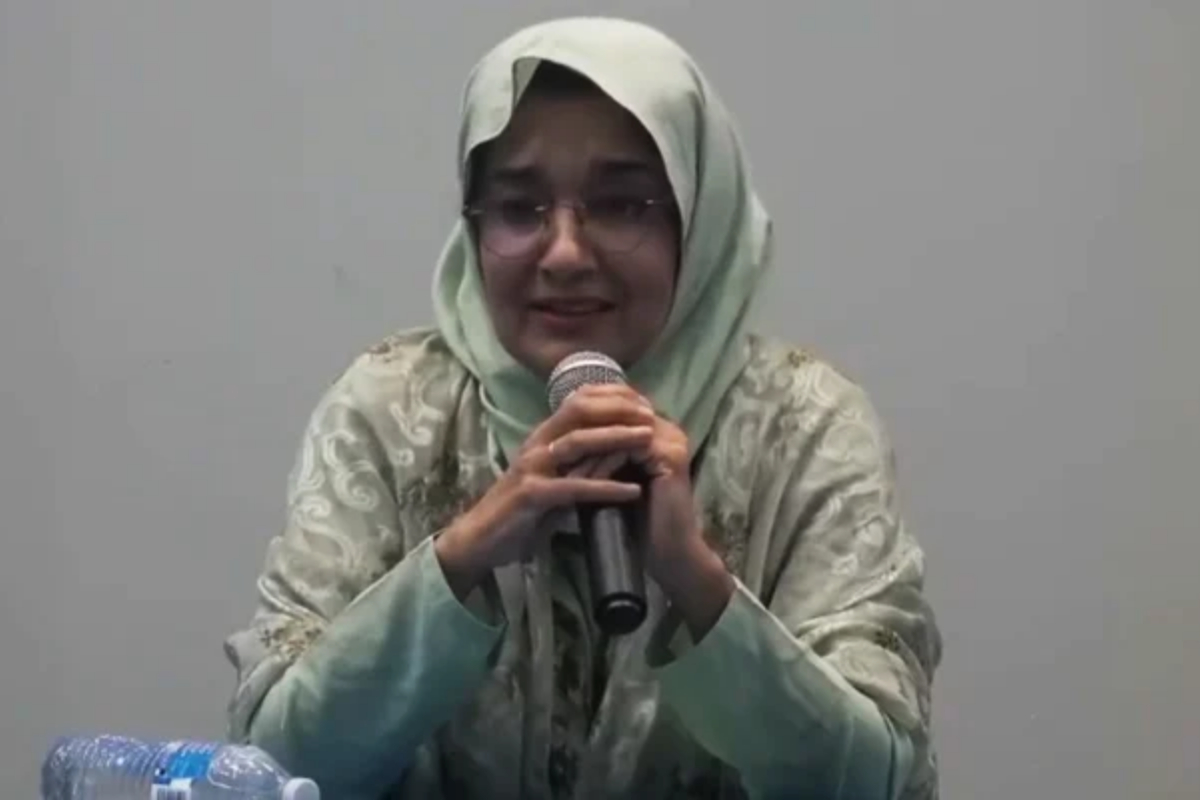- Prof Farzana Shaheen said epilepsy is chronic neurological disease.
- She said epilepsy requiring life-long use of antiepileptic drugs to control seizures.
- She also talked about stroke, which is serious life-threatening medical condition.
KARACHI: Israeli aggression, massive destruction of Gaza City, and escalated death toll could not stop the science-lover Palestinian scholar from delivering his online lecture in the 8th International Symposium-Cum-Training Course on Molecular Medicine and Drug Research at the Prof.
Salimuzzaman Siddiqui Auditorium, organized by the Dr. Panjwani Center for Molecular Medicine and Drug Research (PCMD), University of Karachi.
Dr. Ramzi Shawahna, Professor at the An-Najah National University, Nablus, Palestine, in his lecture, presented his sincere apologies for not physically participating in this exciting symposium due to the Israeli aggression against the Palestinian people.
While elaborating on his research achievements, he mentioned that his research team has successfully identified those proteins that are responsible for limiting the penetration of drugs in the brain, and now they plan to evaluate the same in animal models.
He elucidated the role of drug transporters and metabolizing enzymes in transporting drugs to the brain. He said, “The blood-brain barrier presents a challenge to the penetration of drugs into the human brain.”
Therefore, the blood-brain barrier plays a key role in limiting the success of drugs designated to treat central nervous system diseases, he said, adding that the challenge of drugs penetrating the brain is mainly due to the complex structure of the blood-brain barrier.
On the third day of the symposium, Prof. Dr. Farzana Shaheen, Director of the International Center for Chemical and Biological Sciences (ICCBS), University of Karachi, said that epilepsy is a chronic neurological disease, requiring life-long use of antiepileptic drugs to control the unprovoked seizures.
The recent studies presented in today’s talk were about preclinical drug development of an antiepileptic product Z-Acid which was identified as a potent analog of US patent-protected isoxylitones, she said, adding that the Z-acid is now developed as a nasal formulation and recently been granted US patent.
She said, “This IP on Z-acid is also expanded in Europe, China, and Pakistan. It represents a new drug candidate from Pakistan for the treatment of epilepsy as well as stroke.”
Many antiepileptic drugs, including ones approved by US-FDA, in recent years are linked to significant adverse side effects, lack of efficacy, memory loss, cell apoptosis, etc., she said, adding that there is a strong need for improved medications to control unpredictable seizures which can start at any time. Diazepam (old-class) is the only rescue medicine provided in the form of rectal gel.
[embedpost slug=”president-calls-for-national-mental-health-policy-to-address-mental-health-issues”]






